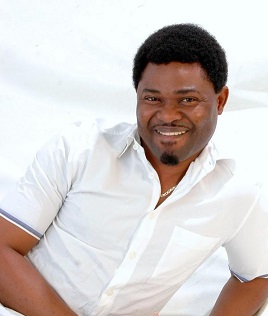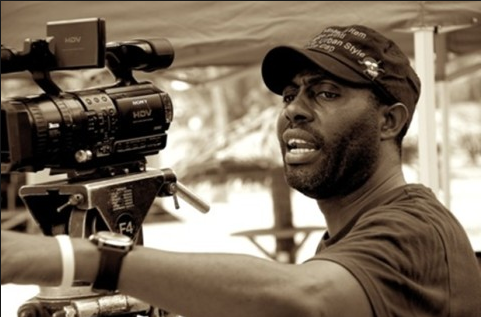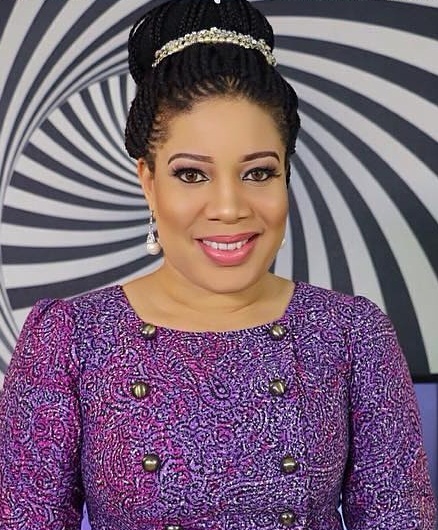Addressing Discrimination in Nollywood

…a case of disunity in diversity
These are interesting times for the movie industry in Nigeria. It seems that finally Nollywood is starting to get it right with out of the ordinary productions, concept and delivery. The undeniable growth in the industry is a progression that no one can ignore. The curtain-fall experiences of stage plays and theatre arts that hitherto represented people’s preferences have slowly faded with history, giving room to an era of exciting home videos.
However, there is a trend that has closely accompanied the growth of the Nigerian film industry especially since its adoption of the name Nollywood, a term which started to gain acceptance after a 2002 article by Matt Steinglass in The New York Times where it was used to describe the Nigerian Cinema and subsequently the movie industry. Observations abound of a worrying trend which has seen English speaking actors hugely prioritised over indigenous actors as regards recognition, awards and even endorsements. Examining the long road to the industry’s success and its attendant challenges is imperative particularly at a time when the industry is faced with stiff competition from foreign contents and needs a united bond to scale the heights.
The Movie industry in the glorious 90s
Many have referred to the 1992 release of Living in Bondage as the industry’s first blockbuster and I couldn’t agree less. Especially since the movie sparked a fire of burning successes for the movie industry, a development which has seen the industry grow to become the third biggest in terms of revenue earnings after America’s Hollywood and India’s Bollywood.
The 90s could have offered no better parting gift than it did with the release of Saworo Ide in 1999. I remember how we gathered in our usual group of growing lads to see the movie soon after its release. First view was an awesome experience, that day I spotted a genius in Kunle Afolayan in his Arese Jabata character and since then the dude has continuously made the country proud.
However while many have largely disapproved of the term Nollywood, describing it as another form of imperialism since it was coined by a foreigner, a greater number have supported the identity on the ground that it puts us in the map of the world of existing and recognised movie industries such as Hollywood and Bollywood.
A read through the history of pre and post independent Nigeria revealed that the founding fathers cared less about discrimination and class distinction but more on continuous improvement. The theatrical (stage) and cinematic (celluloid) efforts of the likes of Chief Hubert Ogunde, Chief Amata Baba Sala, Ade Love, Eddie Ugboma among others are evidences of a harmonious desire to improve the movie industry rather than personal gratification.
Fighting challenges and discrimination
It seems that one of the strongest advantages of the industry which is its ability to produce films in different languages is starting to become its nightmare as a growing trend of discrimination and segregation is starting to set actors apart placing them in classes and creating a complex of dominance in the growing industry.
If by the term Nollywood we mean the totality of activities taking place in the Nigerian film industry, be it in English, Yoruba, Hausa, Igbo, Efik or any other Nigerian Language, then one will expect that every actor regardless of what language he speaks be referred to as a Nollywood actor. Sad to say this has not been the case as only English speaking actors are referred to as Nollywood actors while their contemporaries are labelled Yoruba actors, Igbo actors and others.
The likes of Mercy Aigbe Gentry and Yomi Fash Lanso have at one point or the other addressed the issue of perceived discrimination, segregation and factionalism from English speaking actors in the Nigerian movie industry and one need not wonder that such will possibly be a sentiment shared by other indigenous actors irrespective of languages. The omission of Mercy Aigbe in This-day’s style Nollywood’s most dressed at the AMVCA sparked a huge online debate and to some further authenticated the reports of perceived bias against indigenous acts.
The Nigerian movie industry has also recorded a long battle of piracy oppression from heartless pirates and until a demonstration of unity in purpose especially as it regards to the war against piracy is effected, we may have to endure this menace for a longer period, hence another reason to put away unnecessary discrimination and face industry challenges as one body. The invasion of content and struggle for space especially from foreign Industries is also a growing challenge, these days many are surprised that telemundo and other foreign soaps are beginning to steal the heart of Nigerian women particularly housewives away slowly. We surely need a united industry to stay relevant amidst stiff competition among other growing challenges.
Moving forward with a positive outlook
It must have beaten the imagination of many when a Nigerian rapper and comedian, Falz the bahd guy, emerged the Best Actor in a Comedy role at the 2016 Africa Magic Viewers’ Choice Award in what appears to be his first major experience as an actor beating notable comic actor, Ime Bishop and others IK Ogbonna, Kelechi Udegbe and Bowoto Jephthah.
For the many that have criticised the rapper’s first time- first win AMVCA experience, the truth is that the development portends more positives than negatives for the industry. It implies a break from the norm, a better and fairer recognition of hard work and a step in the right direction towards discouraging the growing discrimination.
The list of indigenous acts that are gradually joining other English speaking actors and actresses is proof that the spread of endorsement largesse is meant for all hardworking Nollywood actors irrespective of the language spoken. This is why the mix of Nollywood celebrities becoming faces of brands continues to increase by the day. Patience Ozokwor, Odunlade Adekola, OC Ukeje, John Okafor, Chiwetalu Agu are outstanding examples of the growing numbers.
The recent Etisalat deal of Eniola Badmus is also an indication of good things to come for others who continue to improve their art and further strengthens the bond within the industry. We hope that going forward Nollywood will make the most of its diverse languages and experience the unity that is found in diversity.







